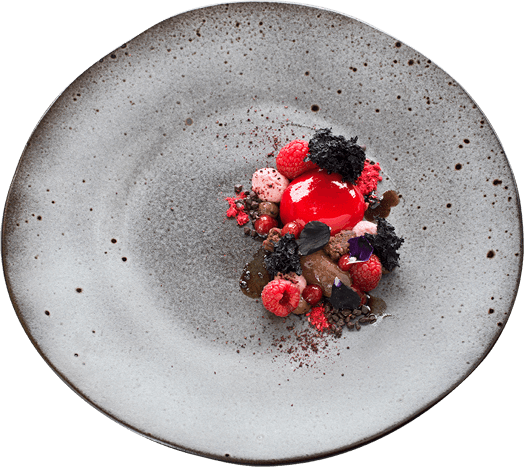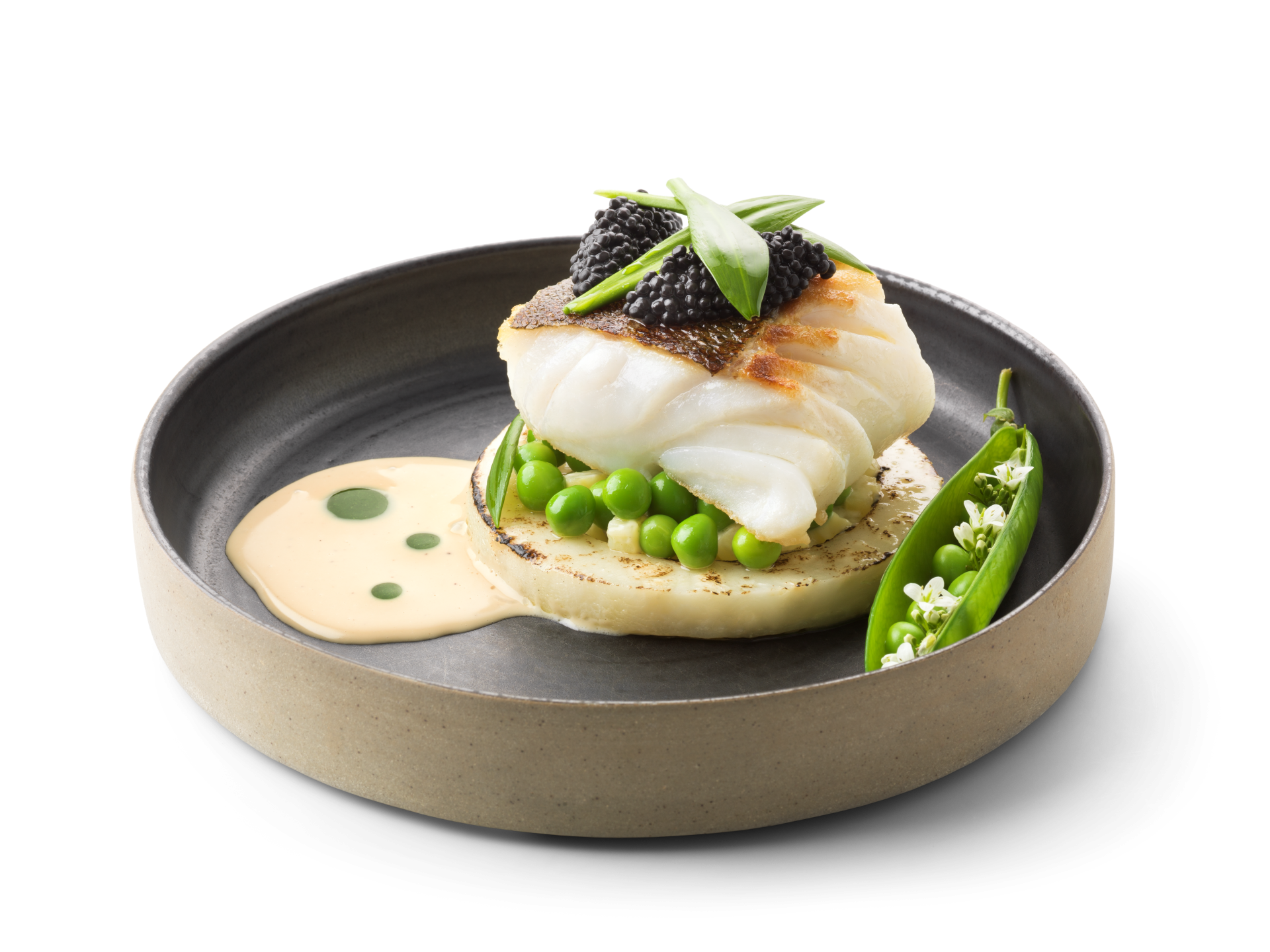How can you make the professional kitchen more sustainable?
Food production takes a lot out of our Earth. No less than a third of all environmental impact comes from our food production. That is why we, as producers, have to make sustainable food choices. Producing sustainable food means that the food is produced, packaged and transported responsibly: you need to take the entire food chain into account. Think of animal welfare, energy and water use, greenhouse gases, fair trade and sustainable employment of staff. In other words, eating sustainably is about much more than just the food.
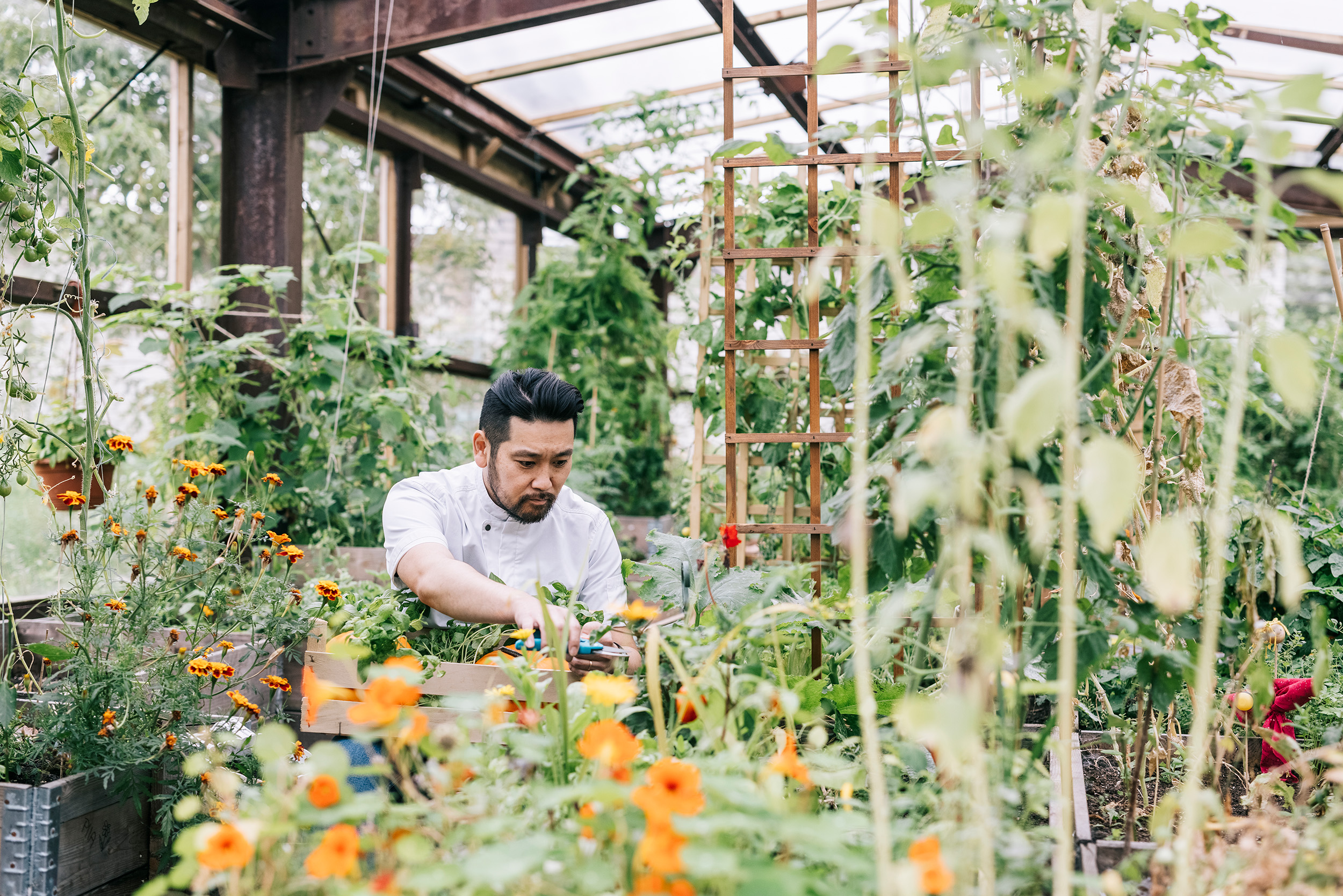
Sustainable choices
At Debic, we work with our dairy farmers on further reducing our greenhouse gas emissions by good agricultural practices, by cutting energy use and using alternative energy sources, such as wind energy and solar panels. We also encourage our farmers to further enhance biodiversity on and around their farms, graze their cows outdoors and use veterinary medicines responsibly: for example, animals are treated with antibiotics only when they are sick.
You are probably already making all the necessary sustainable choices in your own kitchen. But it is always good to take a close look from time to time at possible ways to do even better. Opt for green energy, install solar panels on the roof, use LED lighting and use motion detectors so that lights are not left on unnecessarily anywhere. Save water use by means of energy-efficient dishwashers or water-saving taps. Reduce transport needs by buying locally or growing your own vegetables, fruit and herbs. Make a conscious choice of partners who produce organic or sustainable food: their way of working will also have an effect on yours. Opt for preparations and ingredients that you can use in several dishes, so that you can save energy and raw materials. they are given as few antibiotics as possible. Every three days, the milk given by these cows is picked up from our members with milk trucks and processed at one of our 65 production sites worldwide. We know who provides our products and how these are processed: this allows us to guarantee the quality and to tell all about our product range. Make use of this sort of knowledge and share the story of transparency in your own supply chain.

Those who work sustainably make conscious choices. For example, think carefully about what ingredients you want to use. Of course, you can buy strawberries all year round. But is that what you want? Cooking according to the seasons is considerably more sustainable, since it avoids the need to transport food over long distances, and there are no greenhouses that need heat or light for your products. Meat has a large carbon footprint because of the way it is produced. So opt more often for vegetarian dishes and make vegetables the mainstay of your menu. There are also savings to be made on packaging materials. Look for alternatives to plastic packaging, and opt for suppliers who have given a lot of thought to this. Store food in stainless steel containers and use glass, ceramic or stainless steel herb pots. Use lids instead of cling film to cover pots, pans and containers.
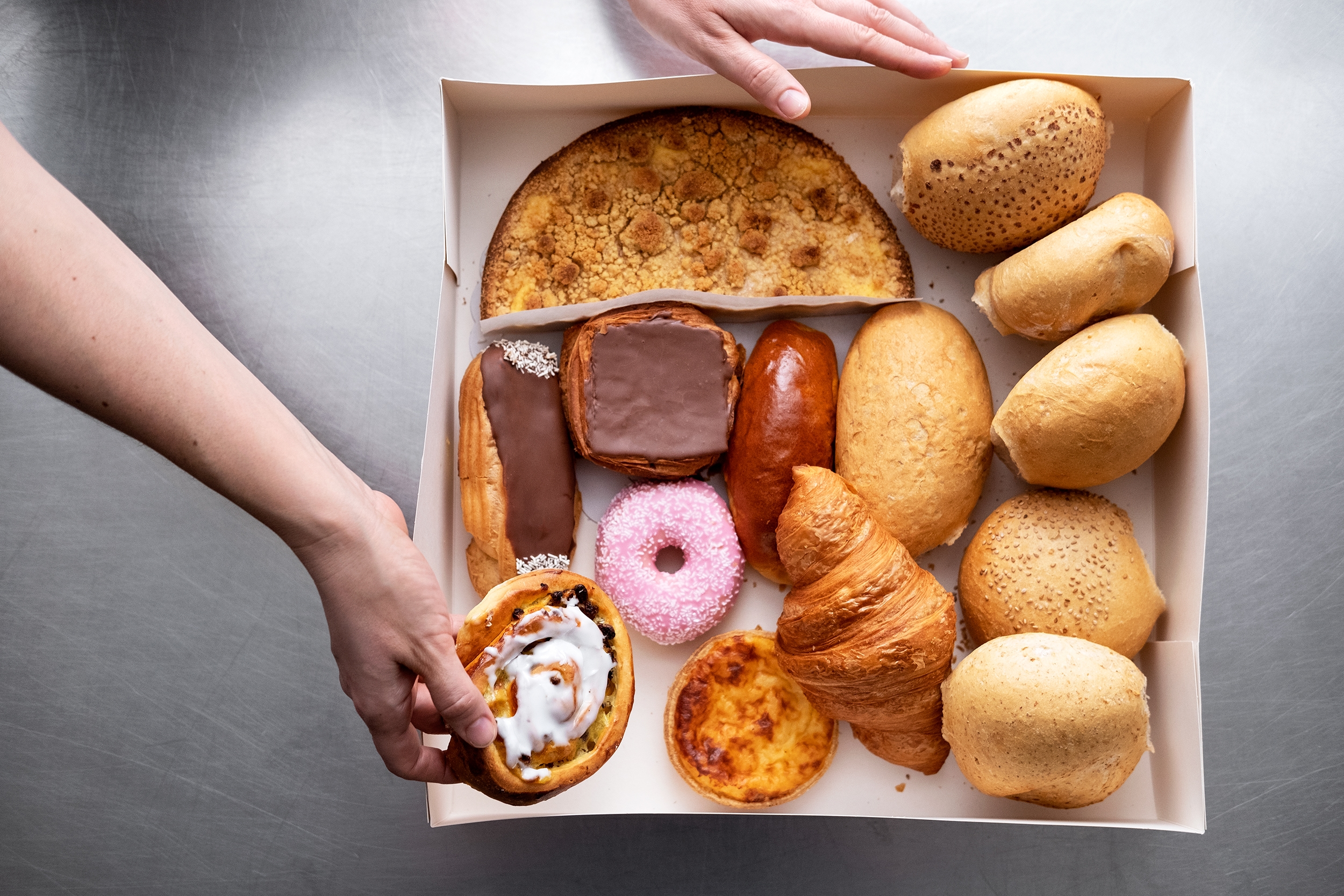
One third of all our human food production is wasted. This means that worldwide every year 79 tonnes of food per second are wasted. What a shame! Not only for the food itself, but also the effort and energy involved in preparing it. Together, we can prevent a lot of that waste. For example, use a vacuum machine in your kitchen, so that your perishable products will last longer. Turn vegetables that don't look their best into soups, smoothies, quiches or tortillas. Check the expiration date of refrigerated and frozen products regularly and take action when needed, for instance by coming up with a dish of the day. Make a dish of the day or a tasty staff meal using food that you are likely to have in excess. Take a critical look at the storage areas for your products. By storing food in the right way and in the right place, it will last longer. Offer your guests doggy bags if they were not able to finish their meal. This way, they can enjoy it again the next day.
Recycling is also an important way to prevent food waste. Make new products out of food that you can no longer offer directly to consumers. Think, for instance, of leftovers from a breakfast buffet, as well as of citrus fruit peel or vegetable trimmings. From time to time, take a critical look at all the things that end up in the rubbish bin. Are there a lot of leftovers of what your guests ordered? If so, you may want to make the portions smaller. Is it often the same side dish? Perhaps your guests don't (or no longer) want it. Are there regularly ingredients that are past their expiration date? Discuss with your team whether you can shop with more forethought.
Sign on to the Too Good to Go app. This is a relatively new initiative to prevent food waste. You make a package of leftover products or meals and at the end of the day, sell it at a reduced price. Via the app, consumers can see if they might be able to come and pick up such a package from you on that day. Social media are also good channels for communicating about this. As a restaurant, you may have meals, bread, soup or sauces left over. You can put together a package of what you want to get rid of, and for consumers, the contents of the package are often a surprise. You can also donate leftover meals or products to the food bank or other charities.
Awareness
Teamwork makes the dream work: everyone knows that. Involve your staff in your wish to be a sustainable entrepreneur. Make them aware of your commitment to prevent waste at every stage. Encourage them to turn the lights out in areas where no one is working, to take a close look at how to use leftovers from the baking process (who knows what else you can make out of them!) and to sort waste. Make sure that they know the correct way to store products and ingredients. Get them to think with you about your mission to produce as little waste as possible; this will foster engagement and creativity. If you explain the mission of working sustainably to your whole team, this will not go unnoticed among your guests.
Zero waste
Waste is a shame – and not only when it comes to ready meals. Take a critical look at your kitchen waste: some ‘leftovers’ could be used to make a delicious bouillon or sauce. Egg shells, vegetable waste and coffee grounds make perfect compost. Separate paper, plastic, glass and other waste so as to be able to recycle them appropriately. Consider upcycling: old work clothes can be turned into something nice, and furniture that you want to replace may be given a second life elsewhere. Check whether there are any local initiatives that would be happy to get what you no longer need – or think of a way of reusing it yourself.
Working with sustainable partners contributes to reducing your own environmental footprint. At Debic, too, we are working every day for a better world, less waste and a more sustainable dairy supply chain. We look critically at our transport: our trucks are increasingly being equipped with solar panels or special tanks that run on a mix of diesel and liquefied natural gas. We aim to reduce our emissions by 30% by switching to green fuel for our transport. In our production process, we are now using one hundred per cent green energy and are reducing our gas and water use. We are trying to use as little packaging material as possible, and to use renewable or recycled materials whenever possible. In addition, we are working on making our packaging 100% recyclable. Together, we keep the world beautiful!
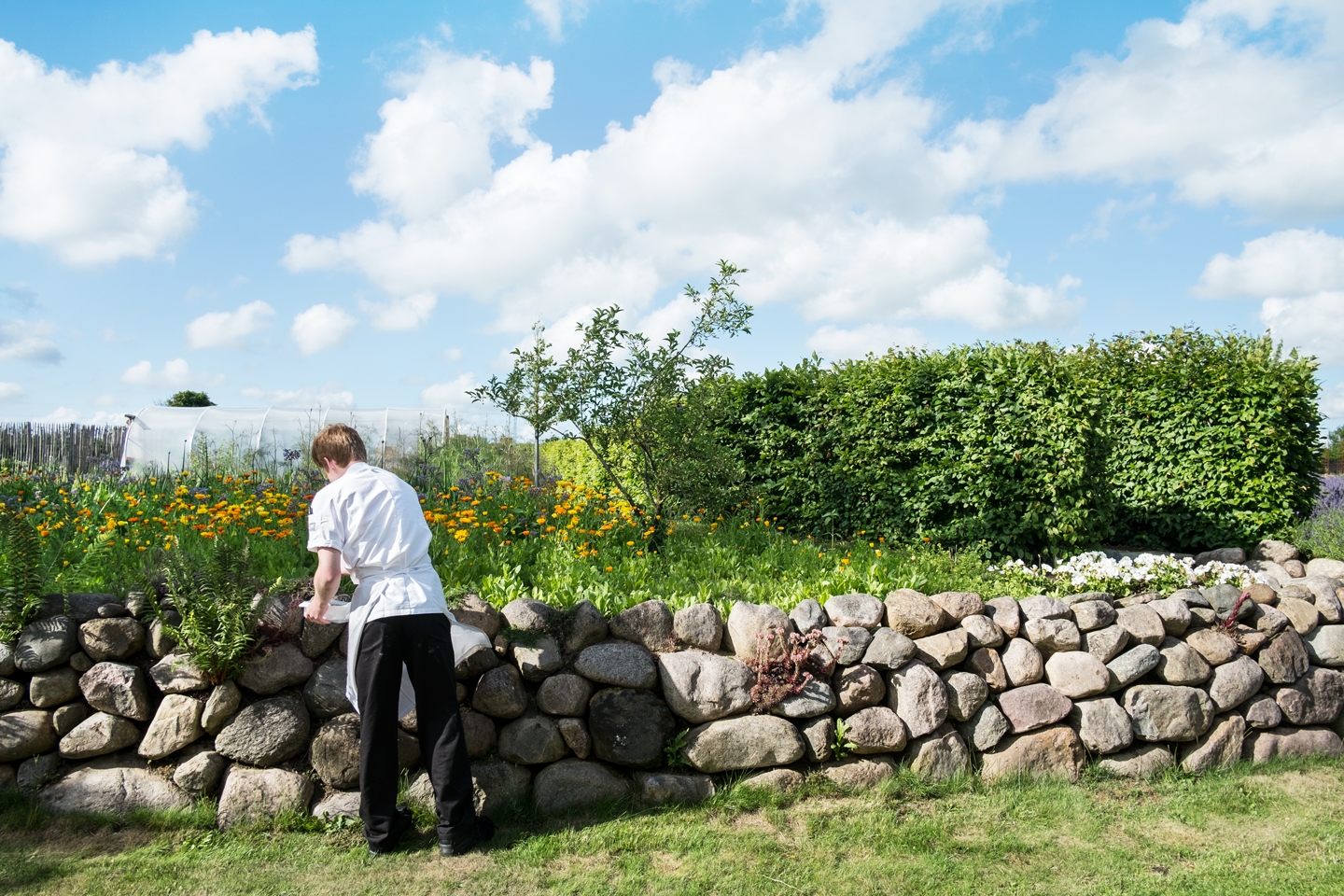
Read our article about tips & tricks for a sustainable restaurant or bakery/pastry shops.
Discover more

